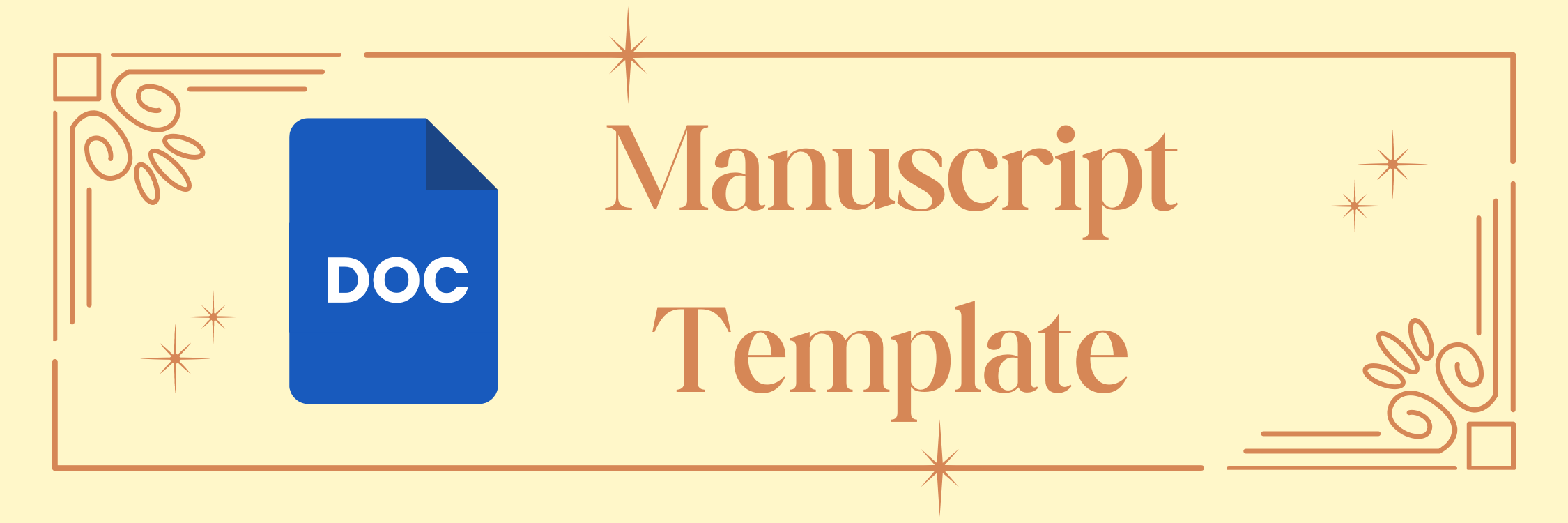The power of local culture in regional tourism capital development
DOI:
https://doi.org/10.69812/itj.v1i3.49Keywords:
Local Tourism, Social Capital, Demographics Local Economic GrowthAbstract
The successful development of tourist destinations plays a crucial role in fostering local economic growth. However, regions often replicate tourism models without accounting for their unique geography, culture, demography, and socio-economic characteristics, leading to ineffective and costly outcomes. This research aims to highlight the significance of local cultural strengths in creating sustainable tourism strategies tailored to specific regional contexts. The study employs a literature review and observational approach, coupled with surveys distributed to tourists, business operators, and travel agencies. Both quantitative and qualitative analyses were utilized to identify trends, behaviors, and perceptions related to tourism development. The findings reveal that local culture, as an intrinsic social capital, holds significant potential to attract visitors by offering authentic and unique experiences. Cultural elements such as traditions, arts, culinary heritage, and social practices create strong narratives that differentiate destinations and enhance tourist satisfaction. Moreover, understanding local psychographic and demographic factors is pivotal in positioning tourism products effectively. The research concludes that leveraging local culture not only preserves regional identity but also stimulates entrepreneurship and economic prosperity. Tourism strategies that integrate cultural heritage with innovative marketing approaches have the potential to create sustainable competitive advantages, encouraging repeat visits and fostering community involvement. This study underscores the importance of aligning tourism development with local cultural values to achieve harmonious growth, benefiting both tourists and host communities.
Downloads
References
Belsky, S. (2010). Making ideas happen: Overcoming the obstacles between vision and reality. Penguin.
Berger, J. (2016). Contagious: Why things catch on. Simon and Schuster.
Berry, L. L. (1999). Discovering the soul of service: The nine drivers of sustainable business success. Simon and Schuster.
Chiu, B. S. (2014). Exist or Extinct: The Rise of Experiencers.
Koentjaraningrat, M. (1999). Manusia dan Kebudayaan Indonesia. Cet. VIII. Jakarta: Djambatan.
Sunyoto, D. (2014). Praktik Riset Perilaku Konsumen (Teori, Kuesioner, Alat, dan Analisis Data). CAPS.
Dweck, C. (2015). Carol Dweck revisits the growth mindset. Education Week, 35(5), 20–24.
Elfiky, I. (2019). Metode Menumbuhkan Kecerdasan Spiritual. Dilariza.
Fahlevi, D. (2016). Paradigma: Awal dari Kesuksesan. Gramedia Pustaka Utama.
Gazalba, S. (1963). Pengantar kebudayaan sebagai ilmu: Bentuk-bentuk kebudayaan. Jakarta: Pustaka Antara.
Hidayah, N. (2021). Pemasaran Destinasi Pariwisata Berkelanjutan di Era Digital: Targeting, Positioning, Branding, Selling, Marketing Mix, Internet Marketing. Kreasi Cendekia Pustaka.
Kartajaya, H. (2004). Positioning, diferensiasi dan brand. Gramedia Pustaka Utama.
Komariah, N., Saepudin, E., & Yusup, P. M. (2018). Pengembangan desa wisata berbasis kearifan lokal. Jurnal Pariwisata Pesona, 3(2), 158–174.
Kotler, P., & Kartajaya, H. (2007). Marketing 3.0: Values-driven marketing. Gramedia: Jakarta.
Mittal, B., & Sheth, J. N. (2001). ValueSpace: winning the battle for market leadership: lessons from the world’s most admired companies. (No Title).
Pine, B. J., & Gilmore, J. H. (2011). The experience economy. Harvard Business Press.
Salusu, J. (2021). Pengambilan keputusan stratejik.
Tett, G. (2021). Anthro-vision: A new way to see in business and life. Simon and Schuster.
Trisoko, R. G. (2019). Building Tourism Institutions for Cultural Life that Support Tourism. Tourism Proceeding, 206–212.
Trisoko, R. G. (2020). Menggali Kebudayaan Sub Culture Dalam Membangun Desa Wisata (sebuah strategi membangun desa wisata dari kekuatan internal). Jurnal Daya Saing, 6(1), 15–19.
Trisoko, R. G. (2021). Pengantar Berharga Usaha Kepariwisataan : Pariwisata & Kematangan Sosial. Riyono Gede Trisoko.
Trisoko, R. G. (2024). Secrets of Tourism Products.
Trisoko, R. G., Martina, E., & Febrina, S. (2021). Staynomic: The Near One, The Easy one, The Small One. Conference Series, 3(2), 76–84. https://doi.org/10.34306/conferenceseries.v3i2.579
Trisoko, R. G., Yanti, R., & Handayani, E. (2022). Hybridmotion As A Strategy Of Environmental Sensitivity To Strengthtent The Power Of Tourism. 1–9. https://doi.org/10.4108/eai.6-10-2022.2325701
Usunier, J. C., & Lee, J. A. (2009). Marketing Across Cultures. Pearson Education.
Velasquez, M. G. (2018). Business ethics: Concepts and cases. Pearson.
Weinstein, A. (2012). Superior customer value: Strategies for winning and retaining customers. CRC press.
Downloads
Published
How to Cite
Issue
Section
License
Copyright (c) 2024 Riyono Gede Trisoko, Risna Yanti, Rahma Putri Andita

This work is licensed under a Creative Commons Attribution-ShareAlike 4.0 International License.
You are free to:
- Share — copy and redistribute the material in any medium or format for any purpose, even commercially.
- Adapt — remix, transform, and build upon the material for any purpose, even commercially.
- The licensor cannot revoke these freedoms as long as you follow the license terms.
Under the following terms:
- Attribution — You must give appropriate credit, provide a link to the license, and indicate if changes were made . You may do so in any reasonable manner, but not in any way that suggests the licensor endorses you or your use.
- ShareAlike — If you remix, transform, or build upon the material, you must distribute your contributions under the same license as the original.
- No additional restrictions — You may not apply legal terms or technological measures that legally restrict others from doing anything the license permits.















